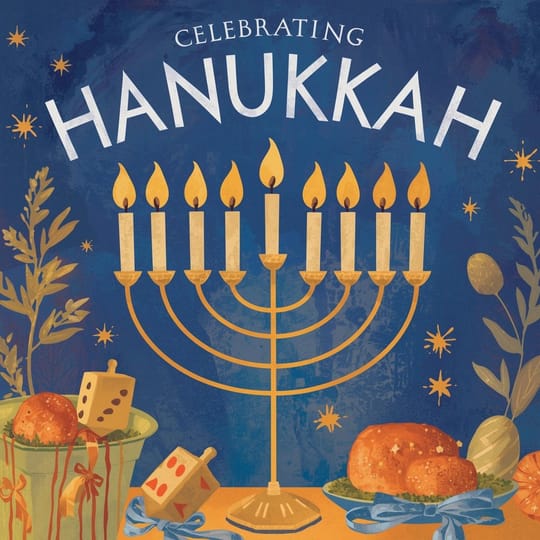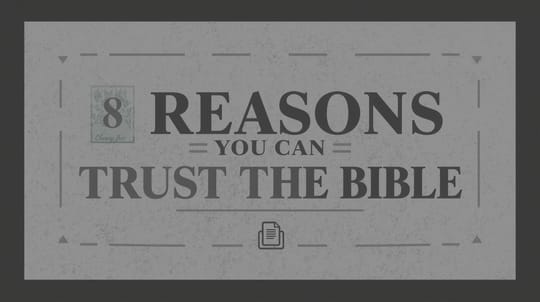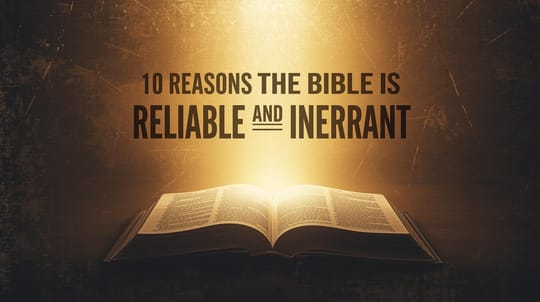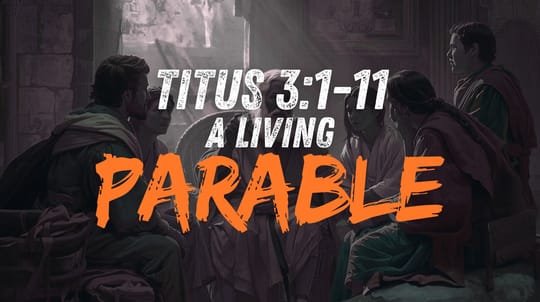Like a good detective, let's examine this book.
🔥 Overview
The book of Joel is a powerful prophetic message centered on a devastating locust plague that strikes Judah. The prophet uses this disaster to call the people to repentance, warning of an even greater judgment called the "Day of the Lord." But Joel doesn’t stop at judgment—he offers hope, promising that God will restore what was lost and pour out His Spirit on all people. Though short (only 3 chapters), Joel packs in a rich blend of warning, worship, and promise.
🔍 Things to Notice
- The locusts — more than just insects, they symbolize an invading army and God's judgment.
- The recurring phrase “Day of the Lord” — a time of both judgment and deliverance.
- Call to communal repentance — including priests, elders, and the entire nation.
- The promise of restoration — God will repay the years the locusts devoured (Joel 2:25).
- Outpouring of the Spirit — a prophecy fulfilled in Acts 2 at Pentecost.
🙏 Jesus in this Book
(Every book reveals the glory of God, displayed in Christ Jesus)
- Joel 2:28–32 prophesies the outpouring of the Holy Spirit, which Peter directly connects to Jesus in Acts 2.
- The Day of the Lord points forward to the second coming of Christ, when He will bring final justice and salvation.
- The call to repent and return to the Lord reflects Jesus’ message in the Gospels (see Matthew 4:17).
👀 Themes
- The Day of the Lord – a central theme emphasizing God’s active role in history.
- Judgment and repentance – God disciplines to draw His people back.
- Restoration and hope – God’s mercy is greater than His wrath.
- The outpouring of the Spirit – a future blessing for all who call on God.
😀 Who?
Who wrote it? The prophet Joel, son of Pethuel. Little else is known about his life outside this book.
🪧 Where?
Where are we? Joel ministered in the southern kingdom of Judah, likely in or near Jerusalem, as he references the Temple and the priests.
⏳ When?
When was it written?: Likely written between 835–796 BC, during the early reign of King Joash, though some scholars propose a later post-exilic date. The early date is widely held among conservative scholars.
🤔 What?
What is the big idea? A wake-up call to repentance through crisis, a promise of restoration for the repentant, and a vision of God’s ultimate plan to bless His people through the outpouring of His Spirit.
🧐 Why?
Why is this book important?
- It shows how God speaks through crisis, calling us back to Him.
- It emphasizes that repentance leads to restoration, not just punishment.
- It proclaims a future hope fulfilled in Jesus and Pentecost, and ultimately in His return.
- It reminds us that even devastation can become spiritual renewal in God's hands.
📝 How?
How can I apply it?
- When facing hardship, ask: Is God calling me back to Him?
- Don’t wait—turn to God in repentance and prayer (Joel 2:12–13).
- Trust that God can restore what was lost—emotionally, spiritually, or materially.
- Seek a fresh outpouring of the Holy Spirit in your life.
- Live today in light of the coming Day of the Lord—walk in faithfulness and hope.
Resources
- The Bible Project: Joel Overview (Video)
- GotQuestions.org: Book of Joel Summary
- Blue Letter Bible: Joel Study Tools
- ESV Study Bible – Joel Introduction
- Matthew Henry’s Commentary on Joel









